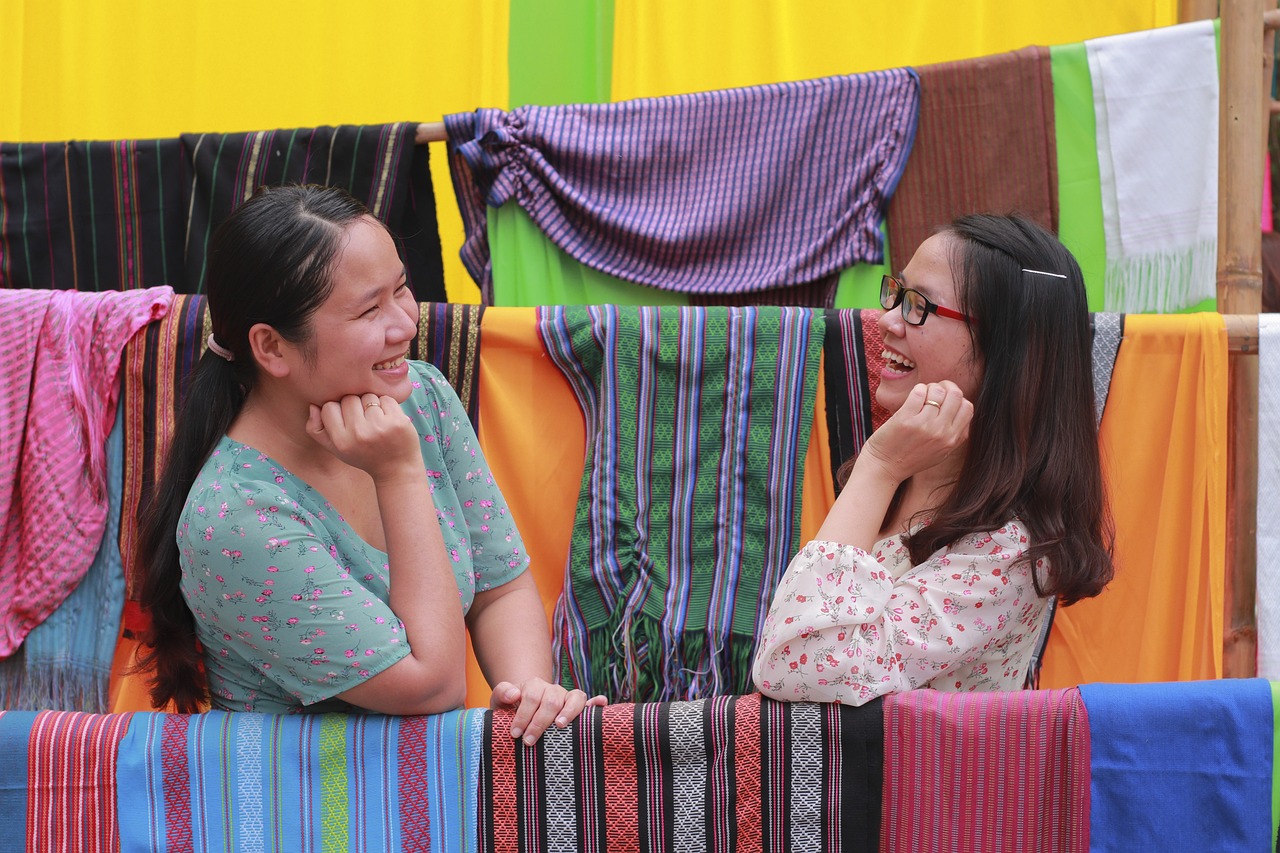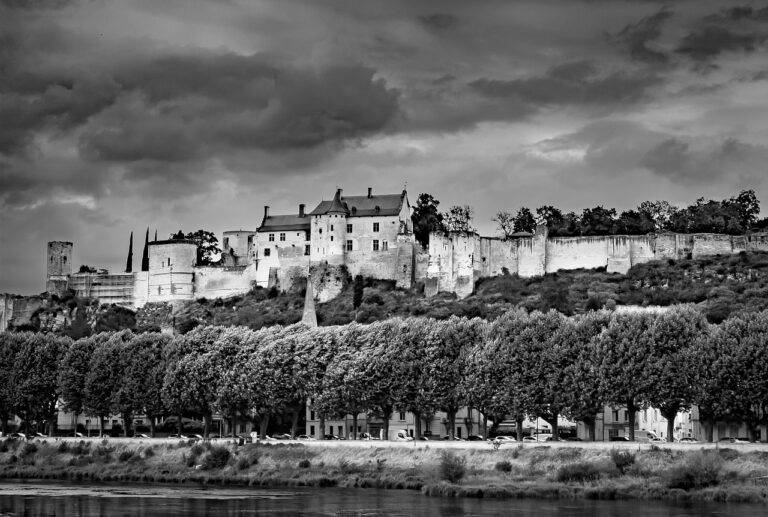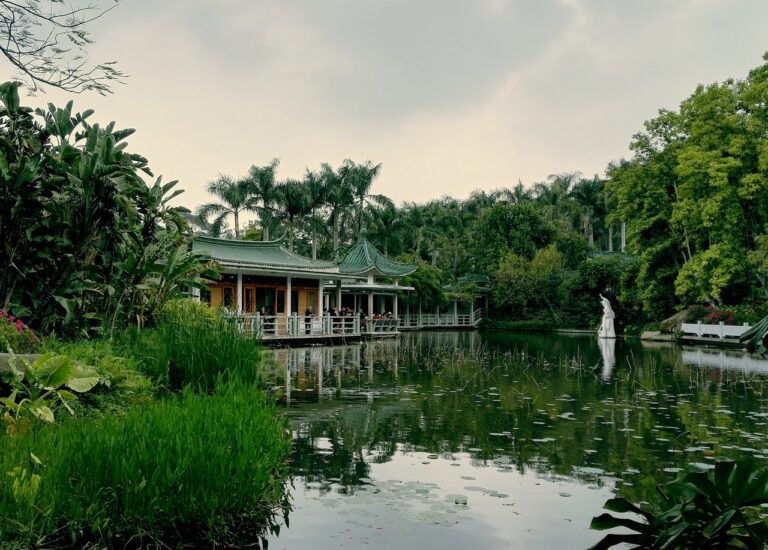Travel and Traditional Festivals and Fairs
Festivals are an integral part of cultures worldwide, showcasing a myriad of traditions, beliefs, and customs. From colorful parades to grand feasts, these celebrations bring communities together in joy and unity. Each festival is a unique reflection of the heritage and values of the people who partake in it, serving as a reminder of their shared history and identity.
While some festivals are rooted in religious practices, others mark significant historical events or natural phenomena. Regardless of their origins, festivals serve as occasions for people to express gratitude, seek blessings, or simply revel in the company of loved ones. Whether it’s the vibrant Holi festival in India, the lively Carnival in Brazil, or the solemn Day of the Dead in Mexico, festivals offer a glimpse into the heart and soul of a culture, inviting outsiders to experience the spirit of a community in full bloom.
Cultural Significance of Traditional Festivals
Traditional festivals hold a significant place in cultures worldwide, serving as a time for communities to come together and celebrate their heritage. These festivals often showcase unique traditions, rituals, and customs that have been passed down through generations, allowing people to connect with their roots and understand the history behind their cultural practices.
Moreover, traditional festivals play a crucial role in preserving and promoting cultural diversity. By participating in these celebrations, individuals not only learn about their own culture but also gain insights into the traditions of other communities. This exchange of cultural knowledge fosters mutual respect, understanding, and appreciation for the cultural differences that make our world rich and vibrant.
What is the significance of traditional festivals in different cultures?
Traditional festivals hold great cultural significance as they celebrate historical events, religious beliefs, and communal values that are passed down through generations.
How do traditional festivals contribute to the preservation of cultural heritage?
Traditional festivals serve as a way to honor and showcase the unique customs, rituals, and traditions of a particular culture, helping to preserve them for future generations.
What role do traditional festivals play in fostering community spirit?
Traditional festivals provide an opportunity for community members to come together, bond, and strengthen social ties through shared experiences, festivities, and celebrations.
How do traditional festivals promote cultural diversity and understanding?
Traditional festivals often incorporate elements of music, dance, food, and art that showcase the diversity of different cultures, fostering cross-cultural understanding and appreciation.
How do traditional festivals contribute to the local economy?
Traditional festivals can attract tourists and visitors, boosting local businesses, generating revenue, and creating opportunities for artisans, vendors, and performers to showcase their talents and products.





